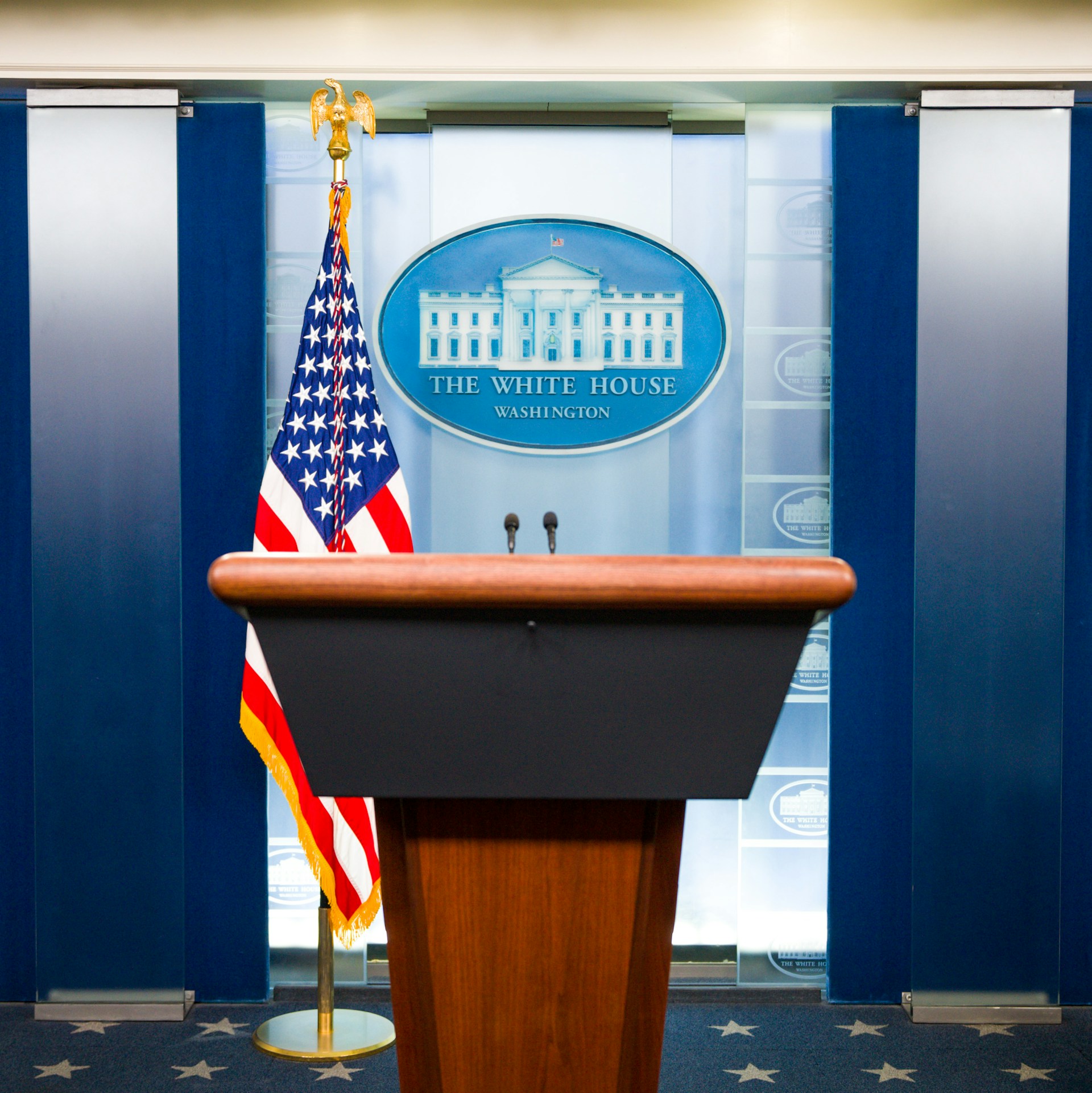
Comment Writer Finn Carpenter analyses the presidential debate on the 27th of June and its effect on attitudes towards the democratic system in the US
The presidential debate on the 27th of June between Republican candidate, former president, and convicted felon Donald Trump, and Democratic president Joe Biden, has exacerbated the resigned disappointment of the 2024 presidential race. The feeling among many Americans prior to the recent debate was one of dissatisfaction with the reality before them. While it is clear that there are certainly ardent Trump supporters energised for a return to office, and correspondingly energised Democratic advocates just as determined to prevent one, the majority of Americans fall somewhere in between. Americans were dissatisfied with the choice of candidates when they walked on stage, but what they saw seemed to inspire a newfound vigour.
From the offset of the debate, media coverage and public attention focused on President Biden’s poor performance. He was viewed as feeble, confused, and most problematically, unable to communicate clearly. It reinforced the existing concerns amongst the electorate regarding his age and possible incapability to perform under the weighty responsibility of the presidency for another term. This has been the key issue facing Biden, however, initial polling indicates he only trails three to four points behind Trump.
Possible incapability to perform under the weighty responsibility of the presidency
While the effects of his performance on his electability continue to play out, President Biden has been met with calls to drop out and allow another candidate, or primary season, to lead the Democratic ticket. At this stage, the calls stem from the comparatively lower rungs of the party ladder; from junior congressional representatives and state officials. The Biden campaign has assuaged these fears by a concerted media and events campaign, yet these efforts have been met with sceptical success. Despite his popular unpopularity, he has received renewed support from Democratic party influentials.
Even the candidates closest to replacing Biden; Vice President Harris (4 points behind Trump), Gavin Newsom (8 points behind), Josh Shapiro (8 points behind), Gretchen Whitmer (10 points behind), and Pete Buttigieg (10 points behind), remain significantly lagging. With Biden polling between 4 points and even with Trump, the chances of success for any other candidate is dubious at best. However, there remains the possibility of a new nominee, bringing with them an accompanying wave of enthusiasm. This is seemingly the opinion of the media moguls, comedic commentators, and Democratic darlings alike.
While Trump has easily secured the Republican nomination, with the help of influence peddling and repeated rule alterations, he too has faced calls to step down. Interestingly, also originating from Democratic or left-leaning groups. In an attempt to distract from Joe Biden’s ailing campaign, or simply to refocus the discussion, Trump’s performance in the debate is now being questioned. In his case, the scrutiny is not related to his delivery, which was in his usual style of incoherence, but on substance. Trump made in excess of 30 factually inaccurate claims, including boasts on his economic prowess, denying his own quotes, and falsely distancing himself from the attempted insurrection on January 6th.
Existential threat that is the duopoly of the American political system
While these claims will certainly not lead Trump to stepping down as the Republican nominee, the renewed emphasis on his conduct has led to increasing concern from Democrats. Begging the question whether an alternative Democratic candidate is needed to effectively rebut his abrasive style.
While the intensity over the short term discussion of who should run is encouraging, it does not resolve the existential threat that is the duopoly of the American political system. The issue that brought the two imperfect candidates to the fore was not the candidates themselves, but the systems that facilitated their persistence. Structural change is necessary in both the electoral and general political system of the United States to preserve democracy as its most highly regarded institution. Specifically, an open and non-partisan primary process for federal and state elected offices, a single transferable vote system, and non-partisan redistricting, is recommended.
Structural change is necessary in both the electoral and general political system of the United States
I have confidence in the ability of America to reform itself, to improve itself, to recognise its own problems and take steps to address them. In the philosophical debate between throwing bricks from the outside and building walls from the inside, I, perhaps in the minority, believe there is still hope from the inside. The United States has long been a country believing in responsibility for the self, pulling yourself up by your bootstraps, and with enough hard work, improving your situation. This election is the latest sign that increasingly, America needs to pull itself up by its bootstraps and get to work.
For more comment articles on US politics:
The Implications of a Trump win
Comments